Israel launched its ground offensive against Hezbollah forces in southern Lebanon on October 1 and continues to carry out airstrikes that have killed over 2,000 people, including Hezbollah Secretary-General Sayyed Hassan Nasrallah.
In a document handed over to Washington several weeks ago, Israel cited its principal demands for ending its
aggression against Lebanon, Axios reported.
The Israel Defense Forces (IDF) are to be allowed to engage in "active enforcement" to ensure that the Lebanese Shia movement Hezbollah is unable to rearm and rebuild its military infrastructure in areas of southern Lebanon that are close to the border, an Israeli official was cited as saying.
Israel reportedly also demands that its air force be granted freedom of operation in Lebanese air space.
The paper was purportedly the result of discussions between Israel’s Minister for Strategic Affairs Ron Dermer, Prime Minister Benjamin Netanyahu’s trusted confidant, and officials of the Israeli Ministry of Defense and IDF.
The document was handed over to the White House ahead of a visit to Beirut by President Joe Biden's envoy Amos Hochstein's on Monday, US and Israeli officials added.
Hochstein is expected to meet in Lebanon’s capital with acting Prime Minister Najib Mikati, Speaker of Parliament Nabih Berri, and other Lebanese officials to discuss the Israeli demands. He is expected to advocate for the deployment of at least 8,000 Lebanese troops in southern Lebanon – mostly controlled by Hezbollah – as part of any diplomatic solution to the hostilities, the report added. The US envoy was also reportedly tasked with pushing through an upgrade to UNIFIL's mandate that would prevent armed groups not under the control of the Lebanese government from being deployed near the border with Israel.
Both Lebanon and the international community are highly unlikely to agree to such conditions, a US official told the outlet, as they contradict UN Security Council Resolution 1701. He added that the demands would dramatically undermine Lebanon's sovereignty.
Adopted in 2006 in a bid to end hostilities between Hezbollah and Israel, the purpose of resolution 1701 was to authorize an increase of force strength of the UN Interim Force in Lebanon (UNIFIL) to a maximum of 15,000 troops. This force would, among other things, monitor the cessation of hostilities, support the Lebanese Armed Forces (LAF) as Israel withdrew from southern Lebanon, and ensure the safe return of displaced persons.
Earlier, Nabih Berri underscored in a media interview that "the consensus among the Lebanese on Resolution 1701 is a rare consensus, and we are committed to it," adding, "We reject any amendments to Resolution 1701, whether by increase or decrease."
Since October 1, Israel has been conducting
a ground operation against Hezbollah forces in southern Lebanon while continuing to conduct air strikes. Over 2,400 people have been killed in Lebanon since October 7 last year, including Hezbollah Secretary-General Sayyed
Hassan Nasrallah. In return, Hezbollah has been fighting Israeli troops on the ground and launching rockets across the border.

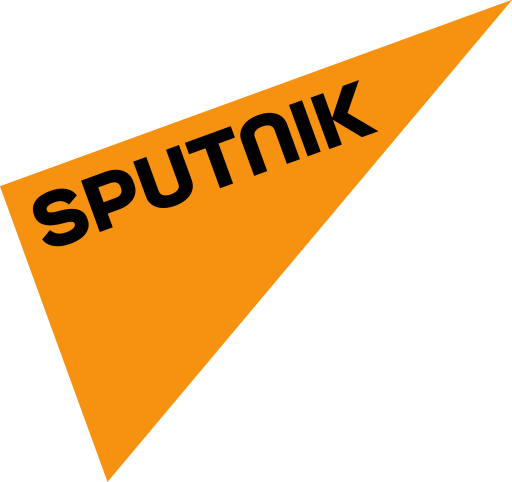 5 months ago
56
5 months ago
56
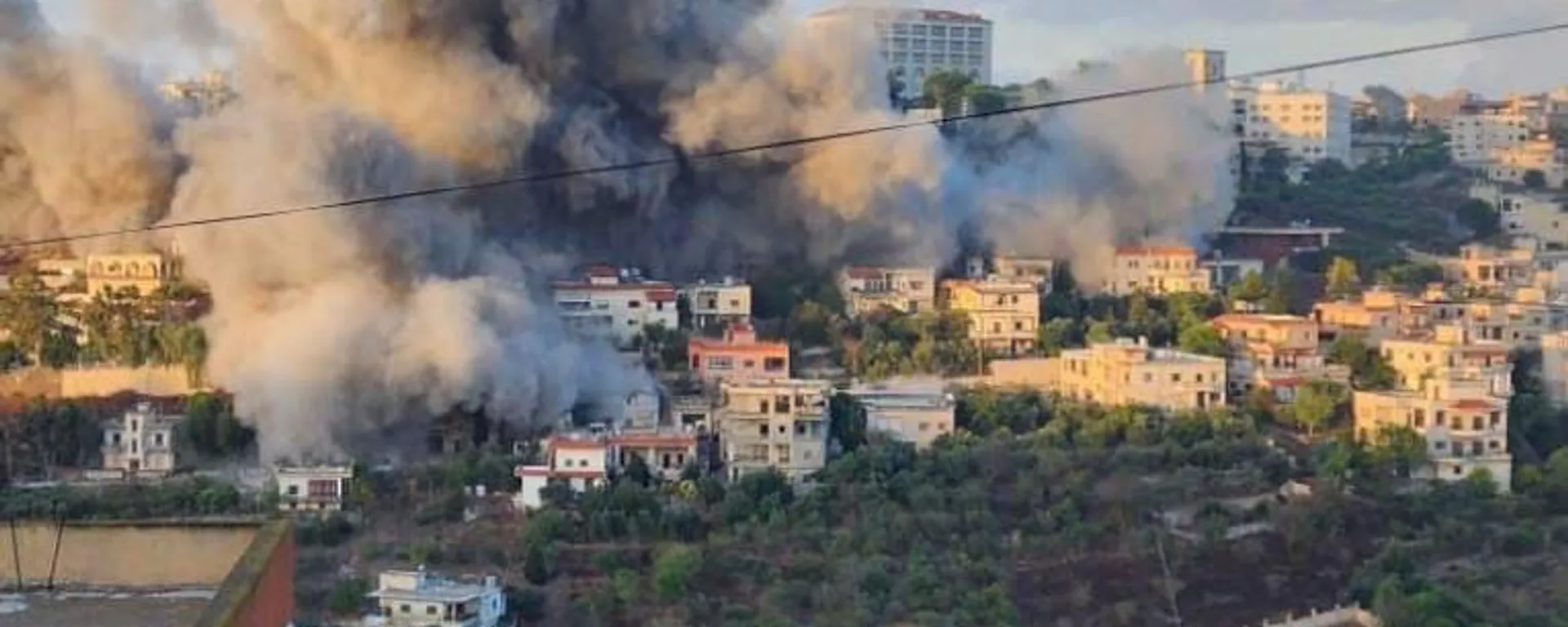

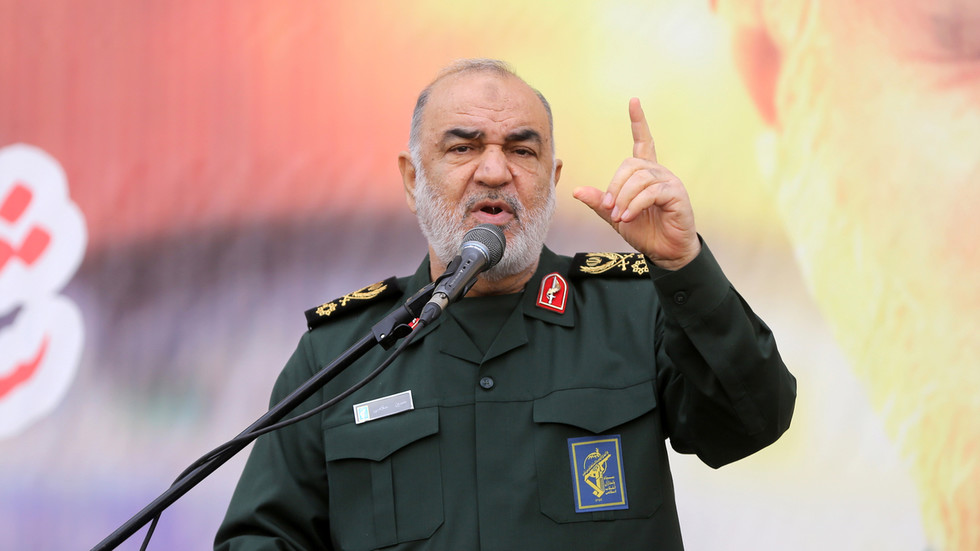

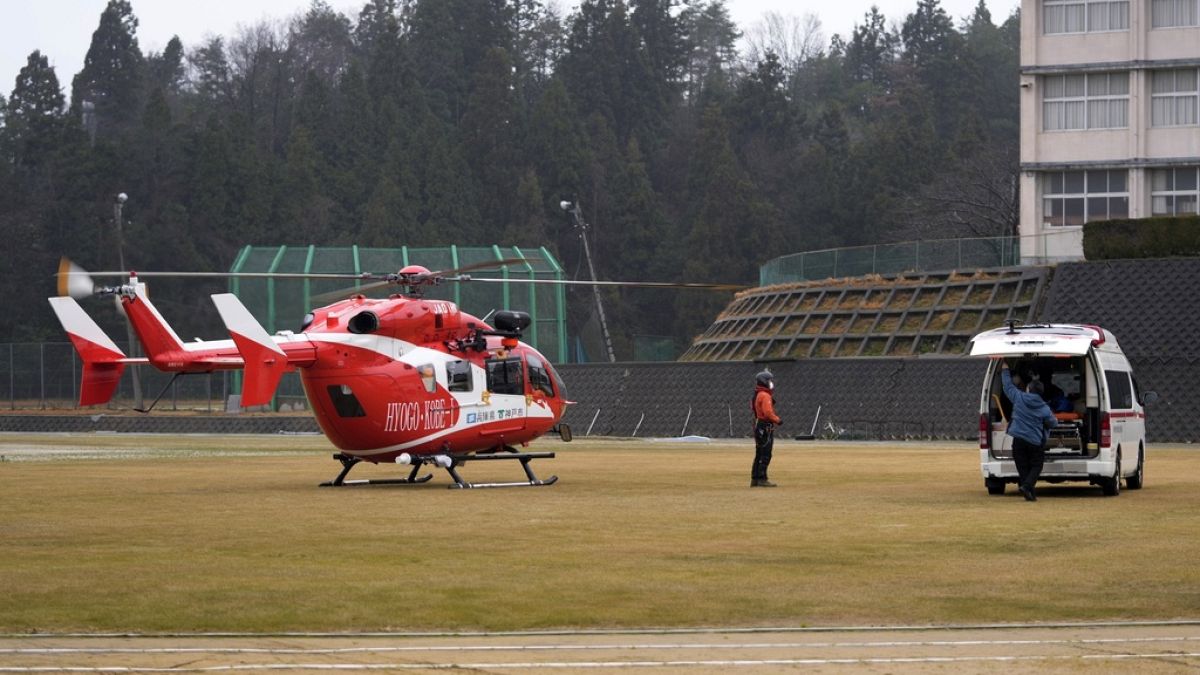
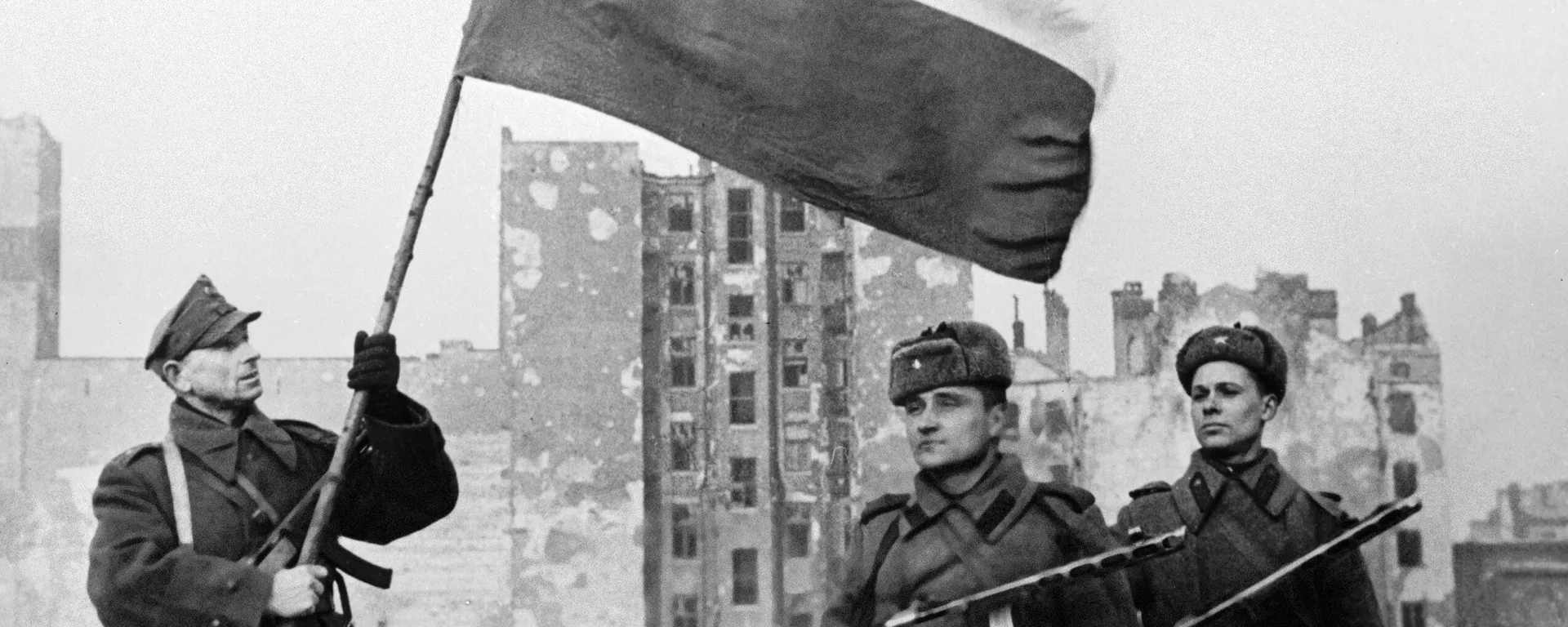
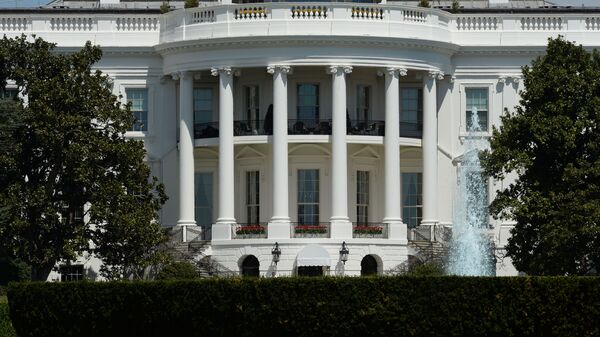
 We deliver critical software at unparalleled value and speed to help your business thrive
We deliver critical software at unparalleled value and speed to help your business thrive






 English (US) ·
English (US) ·